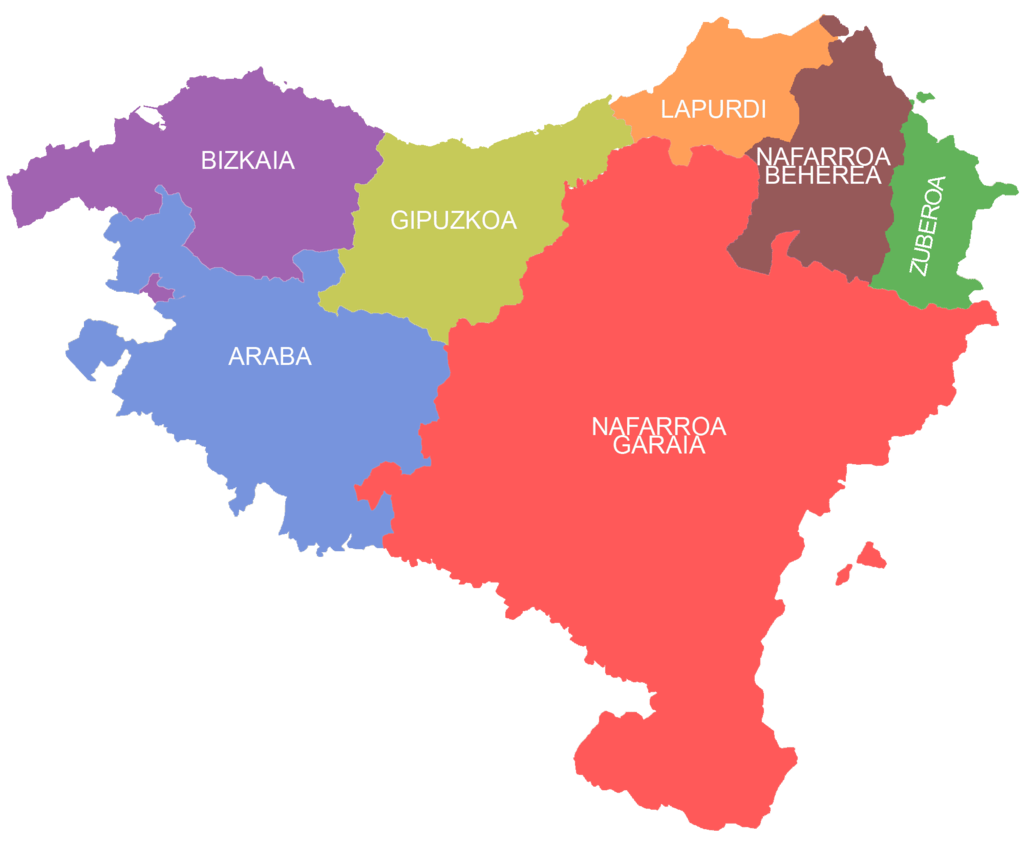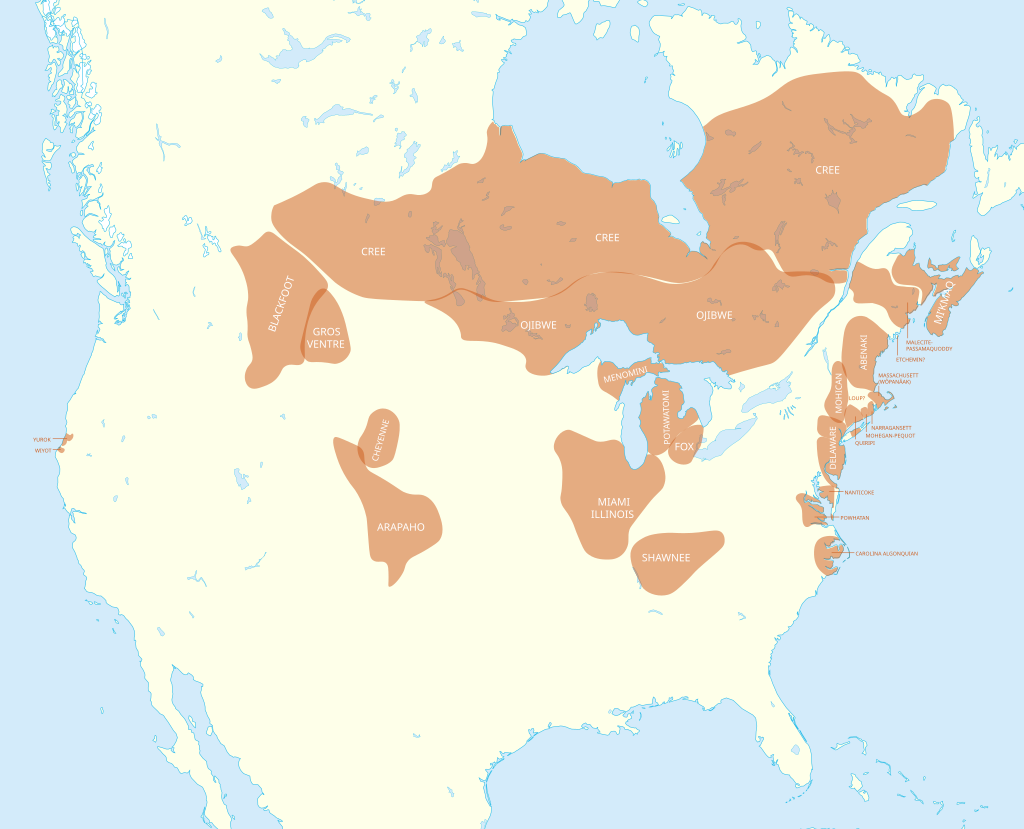Linguistics and Basque
 I suppose I really started getting into Linguistics only in the last year, but I've realized it permeates through a lot of my other interests. For example, with my genealogical interest, a lot of research in my family, being Jewish and coming from the former Russian Empire, involves translating several different languages, including Russian, Polish, And Hebrew, and learning those alphabets. Learning a little bit about those languages, some key phrases, dates and months, first names helps me greatly in reading documents without hiring an expensive translator. Besides that, I've also had always had an interest In world studies beyond the scope of the United States. It seems like linguistics has this perfect combination of globality and mystery-solving in a very niche topic.
I suppose I really started getting into Linguistics only in the last year, but I've realized it permeates through a lot of my other interests. For example, with my genealogical interest, a lot of research in my family, being Jewish and coming from the former Russian Empire, involves translating several different languages, including Russian, Polish, And Hebrew, and learning those alphabets. Learning a little bit about those languages, some key phrases, dates and months, first names helps me greatly in reading documents without hiring an expensive translator. Besides that, I've also had always had an interest In world studies beyond the scope of the United States. It seems like linguistics has this perfect combination of globality and mystery-solving in a very niche topic.
But what has especially turned me on to linguistics is my recent foray into learning the Basque (Euskara) language.  The Basque language, which is a language isolate located in northeastern Spain and southwestern France, is thought to be the only surviving Paleo-European language left in Europe (AKA the only one predating the arrival of the Indo European languages). This makes it unique among European languages in that it in most ways, it is completely unintelligible when compared to a language such as English, French, and Spanish (the common languages you'd find in a language course in the US). Because of those qualities, I found that it is a really interesting language to learn because it's so alien to me.
The Basque language, which is a language isolate located in northeastern Spain and southwestern France, is thought to be the only surviving Paleo-European language left in Europe (AKA the only one predating the arrival of the Indo European languages). This makes it unique among European languages in that it in most ways, it is completely unintelligible when compared to a language such as English, French, and Spanish (the common languages you'd find in a language course in the US). Because of those qualities, I found that it is a really interesting language to learn because it's so alien to me.
Since I had learned Spanish in middle school and high school, I found that some loan words were used in the Basque language, and this has helped me in my exploration through the language, even though the grammar and syntax is completely different than any language I'm familiar with. Having several words in the language makes it more familiar to me. It is rather a dying off language with decreasing speakers over time (especially because of Francisco Franco's censorship of the language). Therefore it feels cool to be learning a language with not so many speakers. That's what's really led me on my journey of exploring other endangered languages, language isolates and interesting language migrations.
 For example did you know that in the Algic language family, there are two languages all the way in Northern California pretty close to where I live called Yurok and Wiyot, which have become totally far apart from their cousins, the Algonquin languages, which are mostly situated in the Great Lakes area, New York and Canada. That is because Wiyot and Yurok are thought by professional linguists to be the last languages still around the original location of the Algonquin languages. The others spread all the way East across thousands of miles. It's those kinds of human stories that fascinate me and have inspired my "Shavtakeni" Conlang, a constructed language with Indo-European Baltic origins that migrated down the Dnieper River to the Black Sea, reaching Abkhazia (in Georgia) and picking up their unique phonology.
For example did you know that in the Algic language family, there are two languages all the way in Northern California pretty close to where I live called Yurok and Wiyot, which have become totally far apart from their cousins, the Algonquin languages, which are mostly situated in the Great Lakes area, New York and Canada. That is because Wiyot and Yurok are thought by professional linguists to be the last languages still around the original location of the Algonquin languages. The others spread all the way East across thousands of miles. It's those kinds of human stories that fascinate me and have inspired my "Shavtakeni" Conlang, a constructed language with Indo-European Baltic origins that migrated down the Dnieper River to the Black Sea, reaching Abkhazia (in Georgia) and picking up their unique phonology.